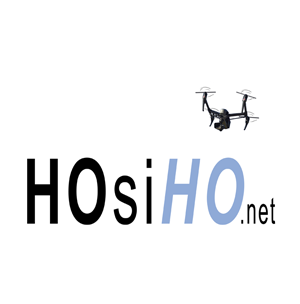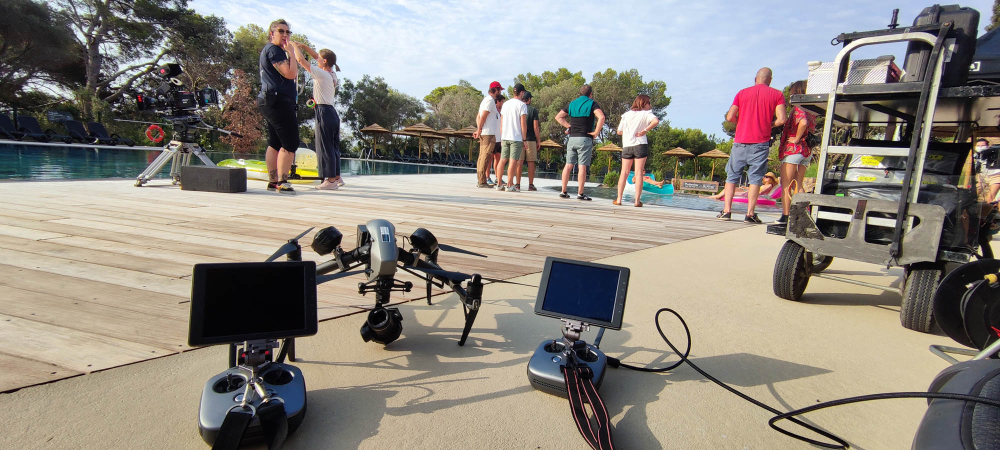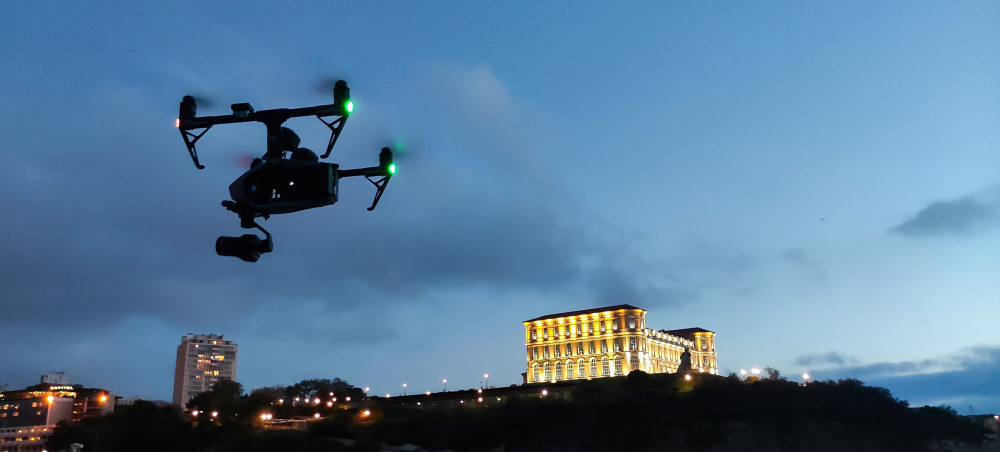
The art of drone piloting
Specific skills for piloting drones
To become an exemplary drone pilot, several technical skills are essential. First of all, perfect allocation of the various controls on the remote controller is required to guarantee precision and control of flight. Secondly, framing is not an easy task. The pilot must have good spatial perception and be able to anticipate possible camera movements. Good knowledge of equipment, such as radio control, and great digital skills can make all the difference in the final result.
Importance of training and certifications
Specialized training remains necessary to ensure piloting in complete safety and in compliance with aviation standards. By way of illustration, in France, there is the Certificate of Theoretical Aptitude for Remote Pilot (CATT), certified by the Directorate General of Civil Aviation (DGAC), dedicated to future drone pilots. The theoretical remote pilot aptitude certificate is therefore the passport for a drone pilot in good standing, guaranteeing quality work and compliance with the legal framework.
Understanding airline regulations
Mastery of aviation regulations is a major pillar of a drone pilot's skills. Given the complexity of the legislation, constant updating of knowledge is essential. These regulations cover diverse and varied aspects, ranging from the authorized flight height to respecting prohibited areas, including the authorizations necessary to carry out a specific flight.
Integration of new piloting technologies
Judicious use of new technologies is another challenge for drone pilots. Continuous innovations in this field offer unprecedented opportunities to improve image quality and facilitate the pilot's work. Mastering these new technologies requires continuous updating of knowledge and a special mention for the deployment of digitally controlled drones, which are experiencing extraordinary growth. This technology makes it possible to pre-program the flight, thus giving even greater precision to the framing and movement of the drones.
In short, there is nothing innate about the profession of drone pilot. It requires solid training, in-depth knowledge of the legislation, a skillful hand to master theft and framing, and constant technological monitoring. A combination of these elements ensures efficient and precise control, capable of satisfying the most demanding requirements of the film and television industry.
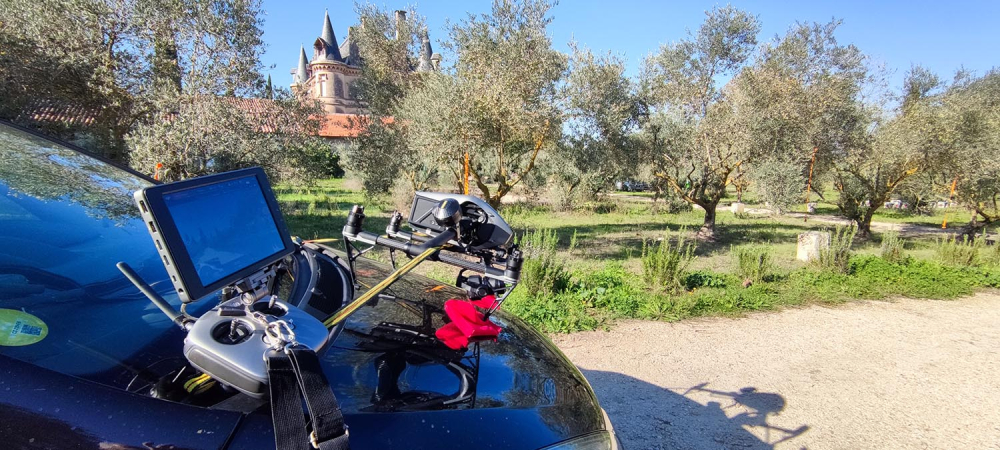
Drones and the film industry
The film industry is experiencing a revolution thanks to the integration of drones and more specifically quadcopters. In the past, shooting an aerial photo was a challenge, usually involving the use of a helicopter or other expensive and complicated methods. But now, these same plans can be achieved more efficiently and with fewer constraints through the use of drones.
Essentially, the drone offers directors a technological cavalry to magnify the staging of a scenario, pushing film production to a new technological area. The drone operator, professional the image and outstanding technician, is thus an essential cog in the creative process.
Several points can be raised to highlight the contribution of the drone to the field of cinema.
These four points are significant pieces of evidence as to the growing importance of drones in the film and television industry and highlight the impact of this new tool on the evolution of production.
Impact on the production of audiovisual content
Directing revolution
What could be the scope of integrating drones into film and television production? The use of drones has completely reformed the production of audiovisual content. It made it possible to approach the exploitation of aerial plans with a new perspective. Film and television production has benefited enormously from this technology by revolutionizing not only the way of capturing scenes, but also the way of designing the production itself.
Innovation in shooting techniques
The technical aspect of using drones in film and television production cannot be neglected. The influence of drones on shooting techniques is unprecedented. This is a true reinvention of aerial image capture.
Drones offer the possibility of filming from all kinds of angles and points of view, creating a variety of innovative visual renderings. They make the use of traditional shooting equipment less adequate and stimulate the adoption of new practices in both filming and maintenance.
Amplifying creativity and visual storytelling
The drone, through its originality, opens the door to a new dimension of creativity and visual storytelling. With aerial shots and movements impossible to achieve manually, it gives filmmakers the means to transform their most daring ideas into visual realities. The service offered by drones is a game-changer for industry professionals, allowing them to amplify their creativity by staging spectacular scenes and contributing to a more immersive visual experience for the public.
Economic and practical benefits
In terms of economics, the use of drones in film and television production has undeniable advantages. They significantly reduce the cost of using expensive equipment such as helicopters and cranes, while offering increased safety of use thanks to remote control. The drone has not only revolutionized the artistic level of the audiovisual industry, its impact also has repercussions at the economic level, offering an effective, profitable and practical alternative in the long term.
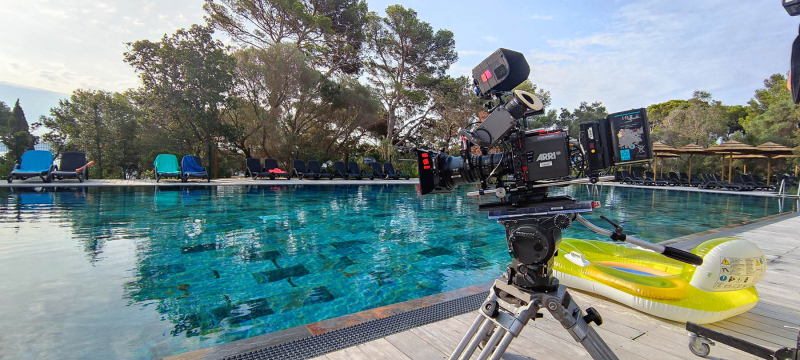
Drone pilots in event production
Festivals and cultural events: Flight scenarios
An artistic event providing an audiovisual experience is transcended thanks to the contribution of drones. Capturing the essence of a festival or cultural show from the air requires particular dexterity and creativity. Drone pilots, both technicians and artists, play a crucial role in conveying unique and bold visual aesthetics. From innovative aerial shots to circle shots, drone piloting offers images that immerse you in the event, highlighting its human density, its effervescent atmosphere and its scenic beauty.
Sport and competition: The driver, an element of the team
Likewise, sport and competitions, whether televised or not, are gaining momentum thanks to the use of professional quality drones. Drone pilots, who have become real members of the production team, are able to follow live field movements, to capture the actions of a match or a race with remarkable precision. More than an observer, the drone becomes an extension of the event itself, the essential tool for complete coverage and total immersion of the spectator in the competition arena.
Quality aerial images: Piloting excellence
The quality of the images produced is therefore closely linked to the skill of the drone pilot. Capturing quality aerial images, whether of indoor or outdoor events, requires an acute understanding of flight constraints as well as impeccable technical mastery. The pilot's experience his speed, his precision, his sense of framing – are essential assets to produce striking aerial images, synonymous with successful event capture. The pilot, by his creative and professional role, true conductor of the sky, safely demarcates the airspace into a canvas on which the capture of the event is painted.
Choosing a professional drone remote pilot
What criteria should you take into account when choosing a professional drone remote pilot?
The importance of criteria in choosing a professional drone pilot is undeniable. Beyond technical expertise, the remote pilot's competence in regulatory matters and his mastery of the law are essential. Certification is certainly an essential requirement, but it cannot be enough.
It is also necessary to check other qualities such as reliability, responsiveness or even the ability to manage the risks linked to each mission in advance. To evaluate these facets, it is recommended to consider the following points:
Where to find a qualified drone pilot in France?
Finding a qualified drone pilot in France is not too difficult a task, as long as you know where to look. Online platforms dedicated to connecting customers and certified remote pilots are a great place to start. Professionals present their background, their skills and the aforementioned criteria, in order to help clients make an informed choice. If you would like more information on the best methods to find a professional remote pilot in France, you can consult this page: How to find a professional remote pilot in France?
